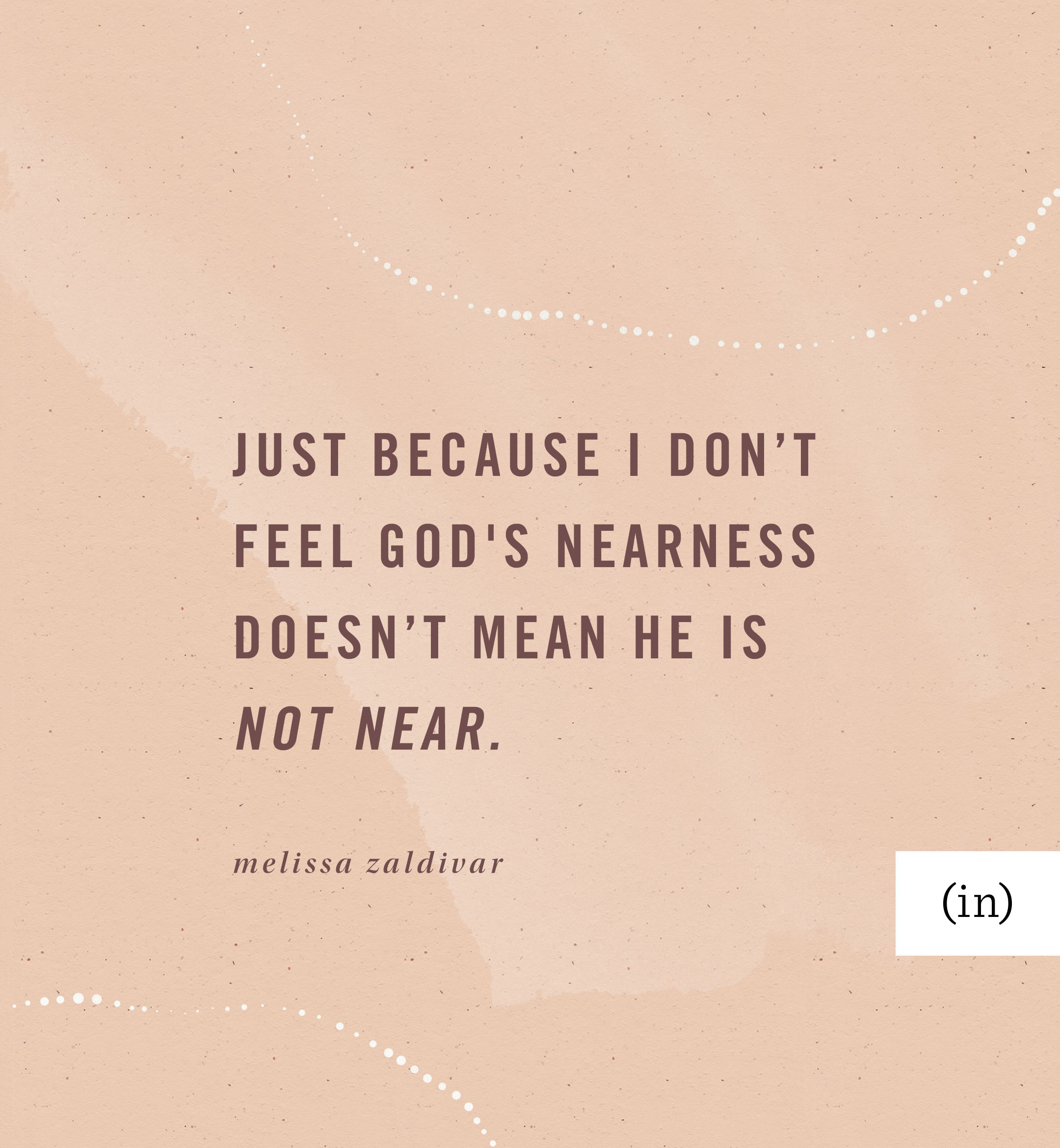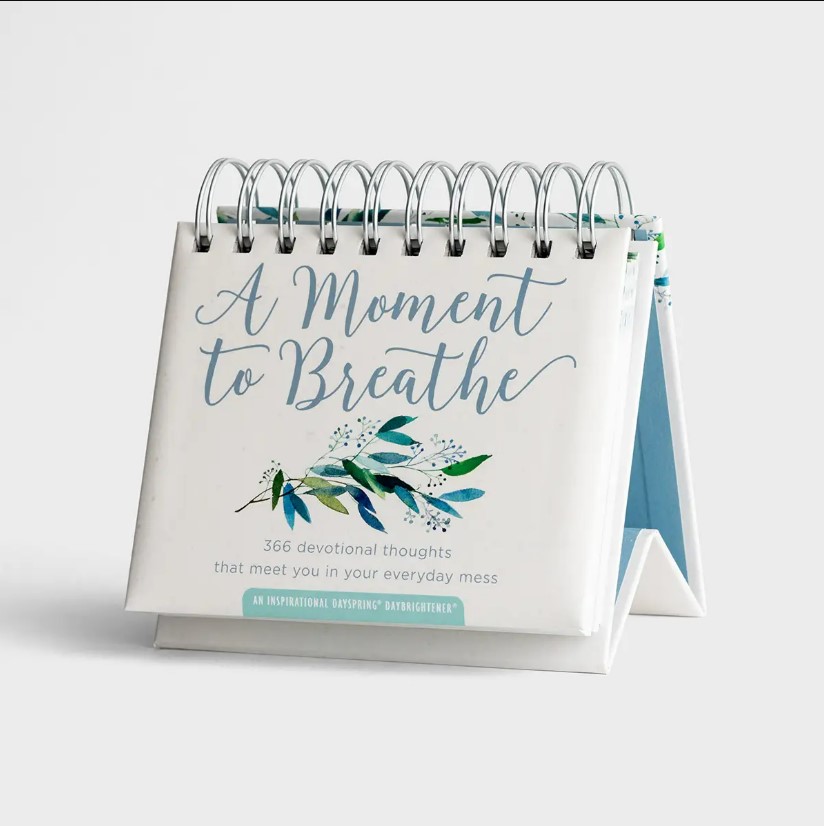I grew up on the central coast of California, a place full of natural beauty. We had the Pacific and wine country and hills that wove throughout the county. We were within driving distance of redwoods and mountains, and it snows every 18 years or so. But there was one thing we did not have: the Northern Lights. I now call Massachusetts home, and I’m much further north, but the chances of seeing them is still pretty darn slim.
I’d seen photos and videos before, putting the Northern Lights on my list of wonders I wanted to witness. I couldn’t imagine how amazing it must be to see the sky light up with shades of green and red, dazzling every onlooker in the darkness. I assumed that I would have to plan a whole trip to Scandinavia during peak season, careful to do what I could to get there at the right moment. And then, I’d have to pray it wasn’t overcast.
Deep down, I knew that seeing the Northern Lights would require planning.
And then, this summer, I was at a friend’s wedding in Georgia when my newsfeed filled up with images of the Northern Lights in Massachusetts. My friends and neighbors were capturing shots of the amazing and rare moment, and there I was, in the wrong place at the wrong time.
So imagine my surprise when I sat with friends at a trivia night the other evening and suddenly, everyone was running outside to take photos of the sky. I couldn’t believe it and I shouted to my boyfriend to stop eating dinner and come take a look.
There, right over our little New England town, the sky was stained red, ebbing and flowing in breathtaking movement.
We finished trivia after placing 8th and when we went back outside, it had disappeared. As we drove back to my apartment, I felt a pull to find a dark place and try again to see what I’d hardly even taken in between rounds of questions about U.S. Presidents and 1990s hockey.
We turned toward a local lake and parked near the dock, the sky as black and starry as ever, but no sign of aurora borealis. It was starting to get cold and after a while, we decided to give up… when suddenly, over the horizon, a ghost-like vertical blob appeared. It felt like my eyes were playing tricks on me. But sure enough, it got stronger. I pulled out my phone to take a picture and it automatically went to “night mode.” What I saw on the screen was brighter and clearer than what my naked eye could take in.
You see, our eyes work like camera lenses in that they take in light and that’s how we can see in the dark. The more light you have, the more you can see. This is obvious when we think of daylight. But when it’s nighttime, we can’t take in a whole lot because there’s not enough exposure to light.
Cameras are different from our eyes because they can pull in more light, and therefore they pick up images like the Northern Lights better than our limited human vision. If I hadn’t opened my camera lens, I would have certainly seen faintly what the camera made plain: the lights were there and they were beautiful.
Sometimes, I’m watching for the Light of Jesus in dark seasons and I feel sad because I don’t see Him. In moments of lament or overwhelm, it’s easy to believe in only what we see or sense, but the beauty of God is that He is who He is, whether or not we see Him.
Just because I don’t feel God’s nearness doesn’t mean He is not near. Just because I don’t see His goodness doesn’t mean He is not good.
Psalm 119:105 (KJV)says, “Thy Word is a lamp unto my feet, and a light unto my path.”
When we see our lives through the lens of Scripture, we’re opening ourselves up to light when it’s otherwise dark. We’re looking with more exposure to a brightness that allows us to see the beauty we’d otherwise miss or see faintly.
Take heart, friend. There is beauty before you. You just need the right lens to see it.
Leave a Comment






\0/
Dear Melissa………….I loved your story about the Northern Lights. A couple of months ago,here in the Northeast (PA ) we were told that we had the chance to see them here, which is really rare for our part of the country. I was so excited as this is something I always wished we could see. Well, that night I made sure I was up at the window, but unfortunately in our town it was very cloudy so no luck. I was really sad but on the news a little more South and East they did get to see them and sent pictures to our news station. I am so happy that you got to see them Melissa, but about the rest of your post, I could relate to as well. I am in a very difficult situation for 2 years now, which is still not resolved. I pray and pray so often every day, but I have not heard or seen any signs from God. I am so glad you reminded me that I just need to recognize the right lens and remember that God is always there even if we don’t think we feel his presence. I am 77 years old and it just seems harder for me as I really need to resolve this problem as I really need that before I leave this Earth. My Holy Spirit is with me always and I feel his presence. He helps me so much I can’t even explain how much I love Him. The Light is what I search for in the darkness that I am in. Your post has done that for me and I will save it and read it every day . I inspires me to remember how strong my faith is. I know he is near no matter what and I thank you Melissa for giving me this devotion to me as weekends are always rough for me. Love and prayers to you as you women keep me grounded and remind me of things I do know, but somehow have gotten to the back of my mind. A Blessed Weekend to you and love…………….Betsy Basile
Dear Melissa,
I was surprised to learn you lived on the Central Coast of CA, that’s where I’ve lived since ’75! We moved up here from LA & love it here. A few years ago, we were blessed with the aurora borealis right here in our area. We weren’t able to stay up that late that night, but friends posted of the gorgeous sky. We had traveled to Alaska hoping to see it but never able to.
My son lived in Boston for 7 years & we loved visiting that iconic state & surrounding areas.
Lord bless you Melissa as you make your life in Mass & enjoy all that the Lord has in store for you!
Love these connections! The world is small and God is so kind.
Melissa thank you for this lovely reading. All you say is so true. I say every morning unless not well. Thank you God for waking me up to enjoy another day in your beautiful world. It is beautiful only people destroying it. With all the bad things they do. Another we thing that when we look around us we can see God goodness in everything we see. Even if we don’t think we see it. Like the flowers that grow. The trees and all there different colours of leaves. We are the light as God’s people we are to shine for all. So as people can see God’s light shining out of us. This saying is good to and it is a song by Christian song writer and singer Don Moen. You get it on YouTube. It is ” God is good all the time. That the song” The saying is God is good all the time and all the time God is good.” How true that is when God made creation. We see that in the book of Genesis. Thank you again for this lovely reading. Love Dawn Ferguson-Little Enniskillen Co.Fermanagh N.Ireland xxx
Love this and hope you keep seeing Jesus as the days get cooler in N. Ireland!
That’s beautiful! Thank you for making me smile.
Thanks for being here, Peggy!
Melissa,
God is amazing as His creation reminds us in the Northern Lights!
I’m loving the autumn leaves this time of year!
Sending you autumn joy,
Lisa Wilt
Thank you for reminding me to have the proper perspective in order to see with my heart first then with my eyes.
You are certainly right, God is always with His Children, very near. Even when we don’t sense His Presence, He is right there.
Thank You Lord for your Grace and Mercy toward Your Children.
Amen.
Brenda
Your Sister in Christ
Thank you for these reminders. He is always shining the way forward.
Melissa,
This time of year it is so easy to see God’s beauty. The Smoky mountains & trees are abounding in the splendor of color. There is plenty of beauty to behold. We need the right lens to discern it. God is soo good to us ALL the time.
Blessings 🙂
Sounds so beautiful!